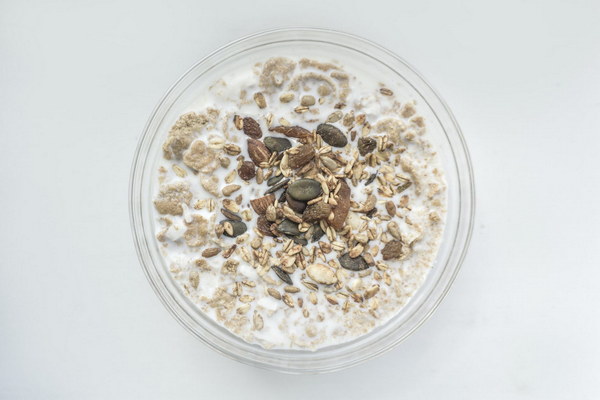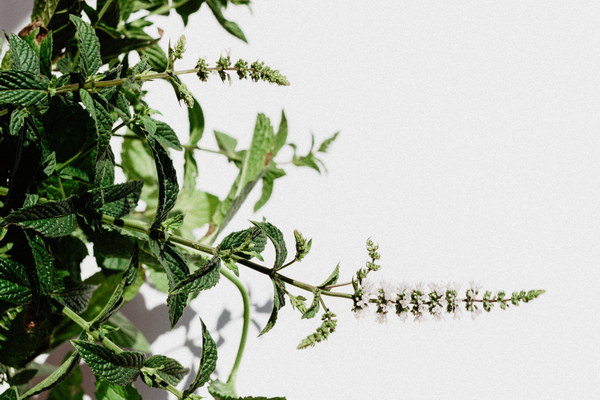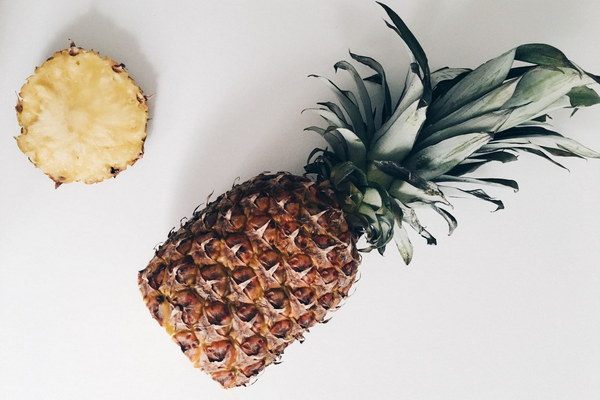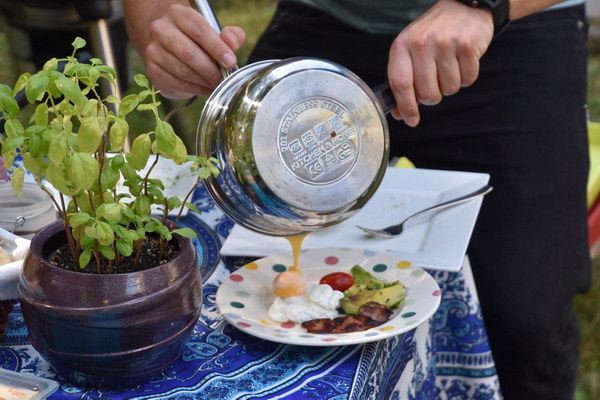Revitalize Your Health Unveiling the Secrets of Traditional Chinese Medicine
In today's fast-paced world, maintaining a healthy lifestyle has become more challenging than ever. However, by delving into the wisdom of traditional Chinese medicine (TCM), we can uncover age-old secrets to revitalize our health and well-being. TCM, with its rich heritage and profound understanding of the human body, offers a holistic approach to healing and prevention. Let's explore some key principles and practices that can help you embark on a journey towards a healthier life.
1. The Yin and Yang Theory
The concept of Yin and Yang is the foundation of TCM. It suggests that everything in the universe is composed of two complementary forces that are constantly interacting and balancing each other. In the context of health, Yin represents cool, slow, and passive qualities, while Yang represents hot, active, and dynamic qualities. To achieve balance, it is essential to harmonize these forces within our bodies.
1.1 Balancing Yin and Yang in Daily Life
To maintain a harmonious balance between Yin and Yang, consider the following tips:
- Incorporate both relaxing and invigorating activities into your daily routine. For example, combine a calming yoga session with a high-energy workout.
- Eat a balanced diet that includes a variety of foods with different flavors and properties. This will help to nourish your body and mind, ensuring that both Yin and Yang are satisfied.
- Pay attention to the timing of your meals and activities. For instance, eating heavy meals in the evening might disrupt your body's natural rhythm, as it is more Yin during that time.
2. The Five Elements Theory
TCM also emphasizes the importance of the five elements: wood, fire, earth, metal, and water. These elements are believed to govern various aspects of our health and are interconnected within our bodies.
2.1 Understanding the Five Elements
- Wood: governs the liver and gallbladder, responsible for emotions and detoxification.
- Fire: governs the heart and small intestine, linked to passion and joy.
- Earth: governs the spleen and stomach, associated with digestion and stability.
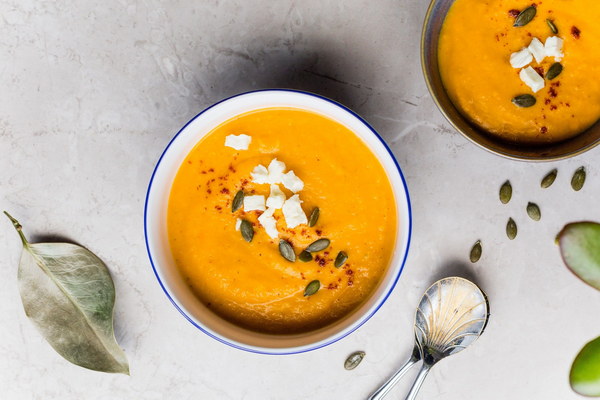
- Metal: governs the lungs and large intestine, connected to clarity and breathing.
- Water: governs the kidneys and bladder, responsible for fluid balance and reproductive health.
2.2 Balancing the Five Elements
To maintain balance, consider the following practices:
- Incorporate activities that stimulate the corresponding organ. For example, stretching and deep breathing exercises can help to strengthen the liver and lungs, respectively.
- Choose foods that align with the elements. For instance, green vegetables (wood), spicy foods (fire), grains (earth), nuts (metal), and fruits (water) can all contribute to a balanced diet.
- Adjust your lifestyle according to the seasons, as each element corresponds to a particular season. For example, during the spring, focus on nurturing the wood element by engaging in activities that promote growth and expansion.
3. Acupuncture and Herbs
Acupuncture and herbal medicine are two of the most well-known practices in TCM. They work together to restore balance and promote healing within the body.
3.1 Acupuncture
Acupuncture involves inserting fine needles into specific points on the body to stimulate the flow of Qi (vital energy). This process helps to alleviate pain, improve circulation, and boost the immune system.
3.2 Herbs
Herbal medicine is another essential component of TCM. It involves the use of natural plants to address various health issues. Herbs can be taken in the form of teas, powders, or capsules, and are often tailored to individual needs.
4. Mindfulness and Meditation
In addition to physical practices, TCM emphasizes the importance of mental and emotional well-being. Mindfulness and meditation are effective tools for cultivating a peaceful mind and reducing stress.
4.1 Mindfulness
Mindfulness involves being fully present and aware of the moment. It can be practiced through activities such as mindful walking, eating, or even simply sitting and observing your thoughts without judgment.
4.2 Meditation
Meditation is a form of mindfulness that involves focusing your attention on a particular object or thought. It can help to calm the mind, reduce anxiety, and enhance overall well-being.
By incorporating these principles and practices from traditional Chinese medicine, you can take a holistic approach to achieving optimal health and well-being. Remember that the journey to wellness is unique for each individual, so it is essential to find what works best for you and consult with a qualified TCM practitioner for personalized guidance.


